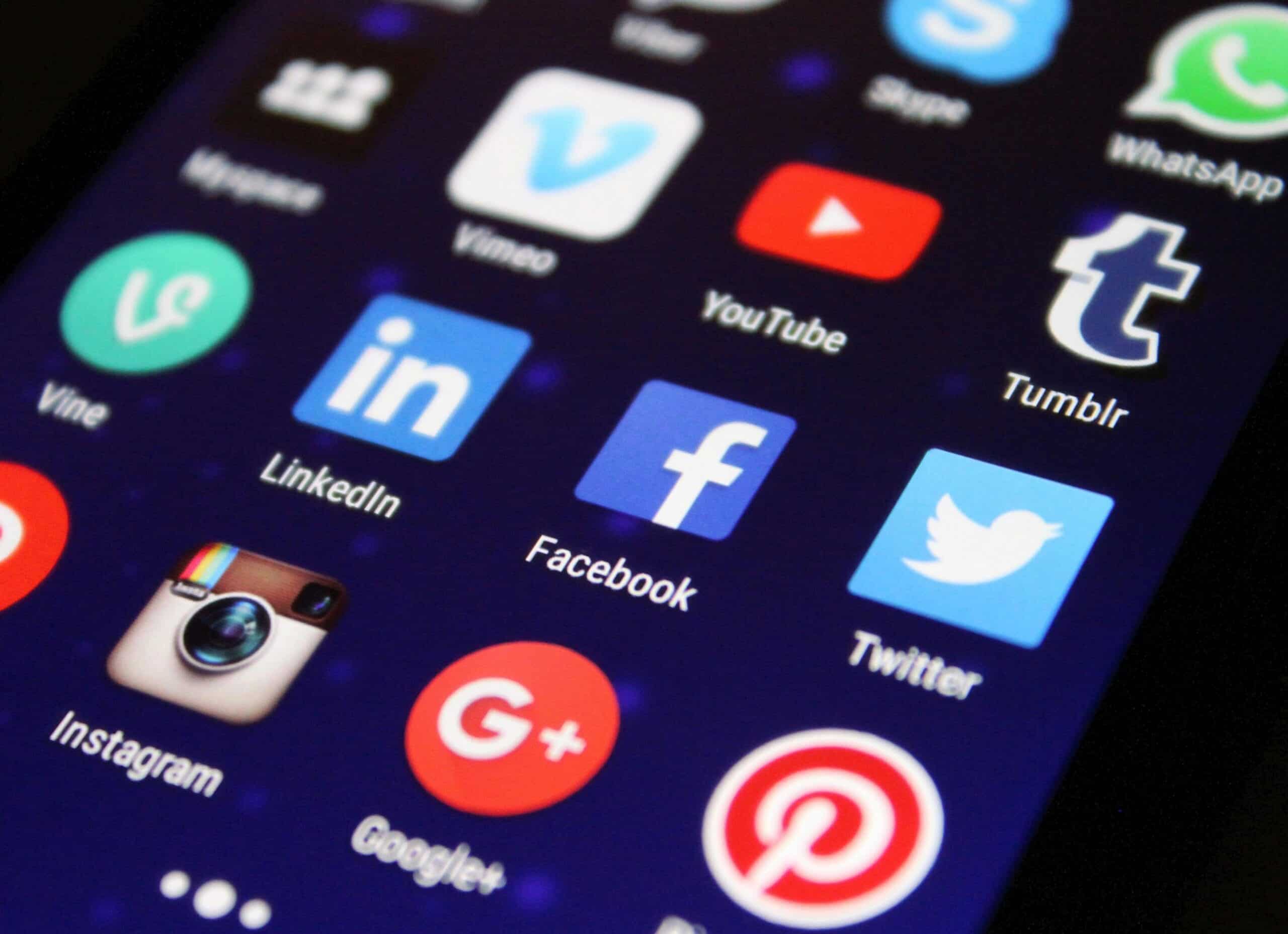
February 8, 2025
In a controversial and widely debated move, former U.S. President Donald Trump signed an executive order on February 6, 2025, imposing sanctions on the International Criminal Court (ICC). This decision follows the ICC’s issuance of arrest warrants against Israeli officials for alleged war crimes in Gaza, further intensifying ongoing geopolitical tensions and sparking global debate on international justice and accountability.
U.S. Response to ICC Actions
The executive order accuses the ICC of conducting an “illegitimate investigation” that unfairly targets Israel and undermines U.S. interests. The Trump administration has historically been critical of ICC interventions, particularly those involving American allies. This latest action aligns with previous attempts to limit the ICC’s influence over U.S. foreign policy. The sanctions include financial restrictions and visa bans on ICC officials involved in the probe. Under these new sanctions, any assets held in U.S. jurisdictions by these officials could be frozen, and they may face travel restrictions preventing them from entering the United States.
Reactions and Global Backlash
The decision to impose sanctions on the ICC has drawn sharp criticism from international organizations, legal experts, and human rights activists. Amnesty International and other advocacy groups have condemned the sanctions, calling them a direct attack on international justice. “This reckless decision undermines accountability for war crimes and sets a dangerous precedent where powerful nations evade scrutiny,” Amnesty stated in a press release. The ICC, which operates independently, argues that its investigations are based on credible evidence and established legal frameworks, reinforcing the court’s mandate to prosecute war crimes and crimes against humanity irrespective of political pressures.
Several European leaders have also spoken out against the U.S. decision, urging Washington to respect international judicial institutions. The European Union has reaffirmed its support for the ICC, emphasizing that the court plays a crucial role in ensuring justice for victims of war crimes and atrocities. Meanwhile, Israel has welcomed the sanctions, viewing them as a necessary step to counter what it perceives as biased legal actions against its government and military personnel.
Geopolitical Implications
The sanctions add another layer of complexity to the already volatile Middle East situation. As tensions rise, diplomatic relations between the U.S., Israel, and international organizations may face new challenges. This move also raises questions about the future of international law enforcement and whether other nations might follow the U.S. lead in defying the ICC’s jurisdiction.
Experts suggest that these sanctions could have far-reaching consequences, potentially weakening the ICC’s authority and discouraging future investigations into war crimes and human rights violations. Critics argue that by targeting the ICC, the U.S. risks sending a message that powerful nations can shield themselves and their allies from accountability, undermining the global legal order.
On the other hand, U.S. officials maintain that the ICC’s probe is politically motivated and lacks jurisdiction over Israel, as it is not a member of the court. Supporters of the sanctions claim that the move is necessary to protect American allies from what they consider to be unfounded legal harassment.
What’s Next?
While the ICC remains firm in its stance and continues its investigation, the U.S. action raises serious concerns about the enforcement of international law. The global community will be closely monitoring whether other nations follow Washington’s lead or continue to support the ICC’s mandate. There are also growing discussions on whether these sanctions could trigger countermeasures from the international legal community, possibly leading to greater diplomatic rifts between the U.S. and ICC-supporting nations.
As tensions escalate, the future of international justice hangs in the balance. Will the ICC stand resilient against political pressures, or will this development mark a turning point in how global justice is pursued? The coming months will be crucial in determining the impact of these sanctions on the broader international legal framework.
Stay updated with the latest global developments. Subscribe for real-time news alerts and in-depth analysis.





